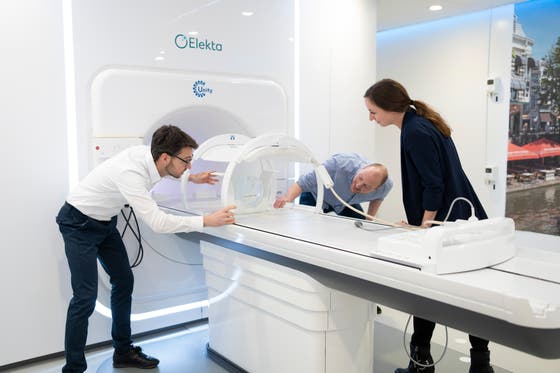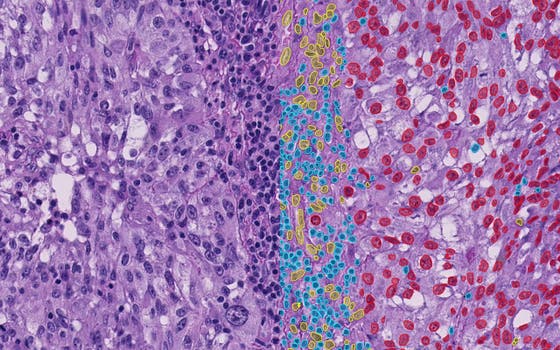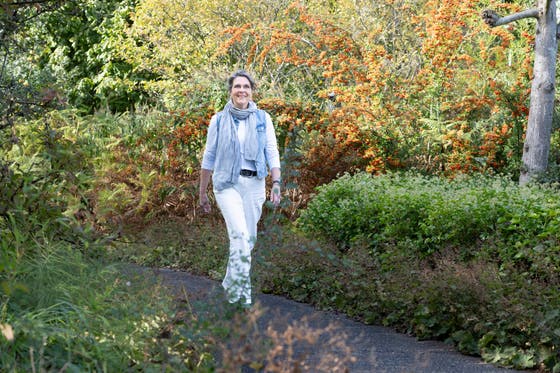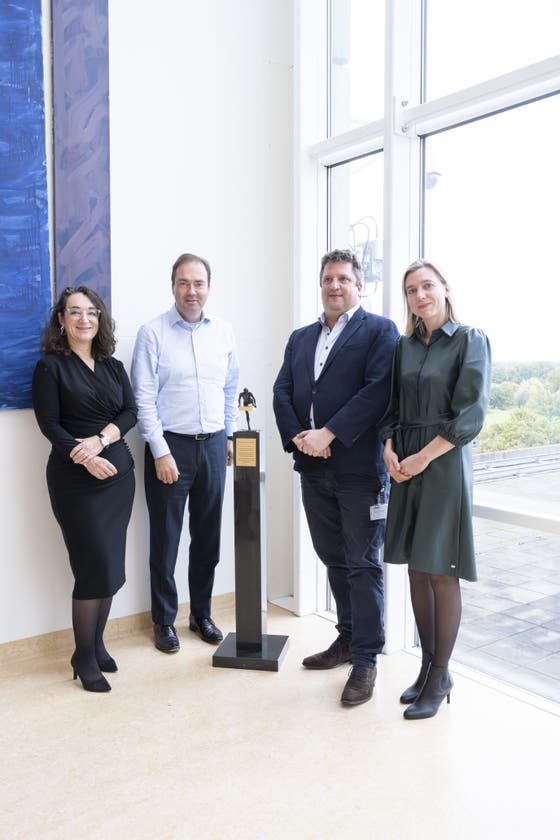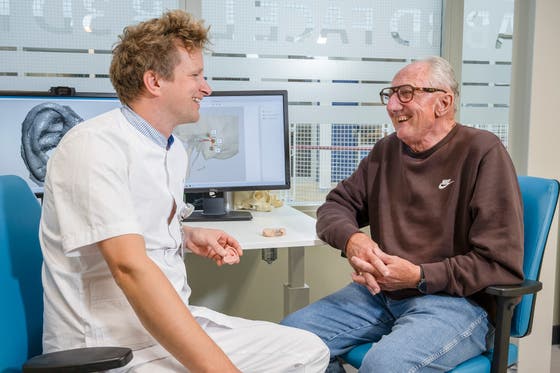Algemeen nieuws
Woonomgeving speelt rol in risico op hart- en vaatziekten
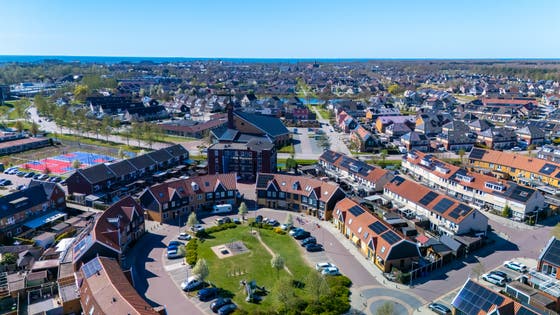
Onderzoek van UMC Utrecht en Amsterdam UMC toont aan dat mensen die wonen in buurten met veel ongezonde eetgelegenheden en weinig mogelijkheden om te bewegen bijna vijf procent meer risico lopen op hart- en vaatziekten.
Read moreJubileum Sylvia Tóth Centrum in het WKZ
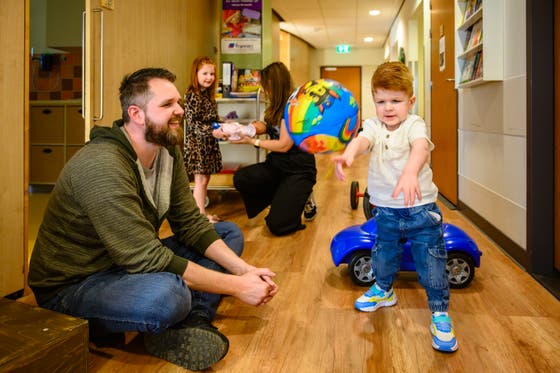
Het Sylvia Tóth Centrum bestaat 25 jaar! Ondernemer Sylvia Tóth maakte het centrum mogelijk in 2000. Zij had de ambitie om het welzijn te verbeteren van kinderen met een complexe neurologische onbegrepen aandoening. Het was een nieuwe kijk op zorg van een betrokken buitenstaander en dat blijkt nog altijd effectief te zijn.
Read moreSamenwerking voor betere zorg bij overdosis
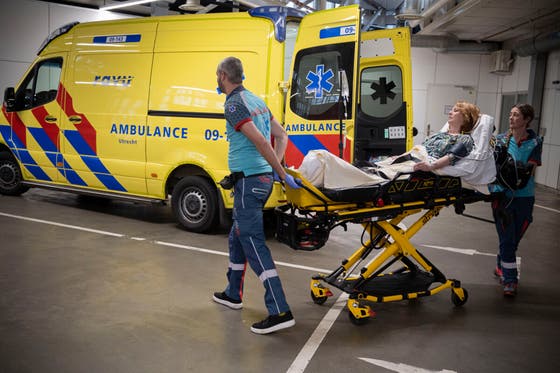
Artsen op de spoedeisende hulp van UMC Utrecht en Diakonessenhuis samen voor betere zorg bewusteloze patiënten na recreatief gebruik medicijnen of drugs.
Read moreVerpleegkundig onderzoek: een kritische blik op het vak
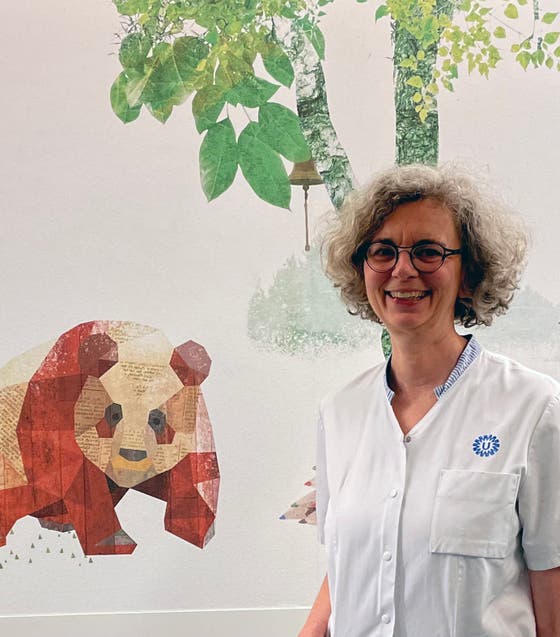
Liesbeth Segers is verpleegkundige van het Jaar 2025’ in de categorie onderzoek
Read moreCommuniceren ondanks locked-in syndroom
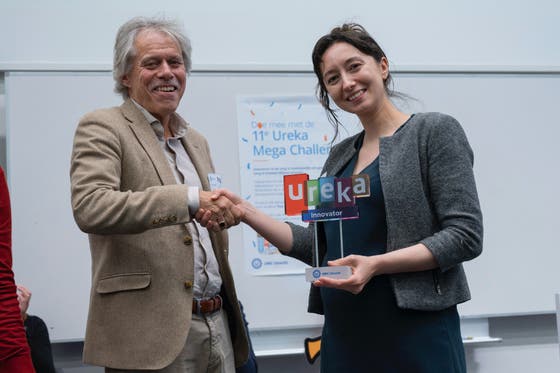
Julia Berezutskaya van het UMC Utrecht wint met ‘Alphabet’ de Ureka Mega Challenge 2025.
Read moreZonMw grant for Catherine Robin and Riccardo Levato
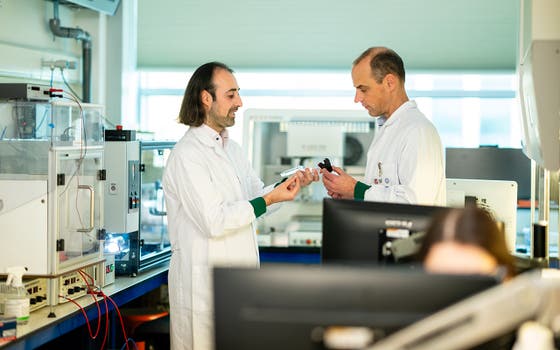
Catherine Robin and Riccardo Levato received a ZonMw open competition grant of €750.000. The grant offers them the opportunity to implement an innovative three-dimensional bioprinting technology for the study of blood stem cell production.
Read more‘Your work-life balance is so much better’
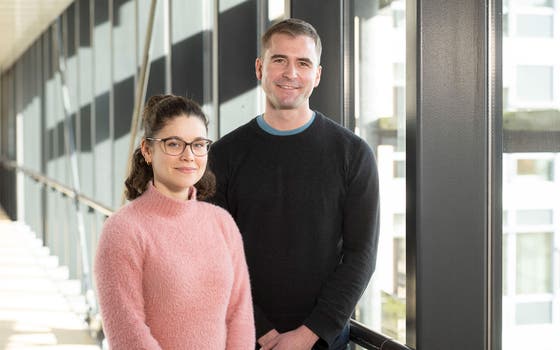
What’s it like to move to the Netherlands from abroad and start a research position at UMC Utrecht? Alex Yermanos (US) and Fanny Boisnard (France), both employed at the CTI department, got to talk about the international differences in academics, culture shocks and why brings her own lunch to work.
Read moreGovernment invests in animal-free innovations
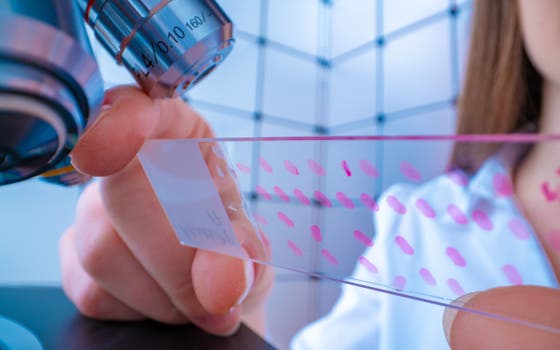
The Dutch National Growth Fund will invest 124.5 million euros in a new centre for animal-free biomedical testing. Of this investment, 55 million euros are awarded directly and 69.5 million euros are granted subject to conditions. Known as the Centre for Animal-Free Biomedical Translation, its aim is to generate safer, more effective treatments, while reducing animal suffering.
Read moreAlliance EWUU Annual Conference 2024: 'Navigating Transitions'
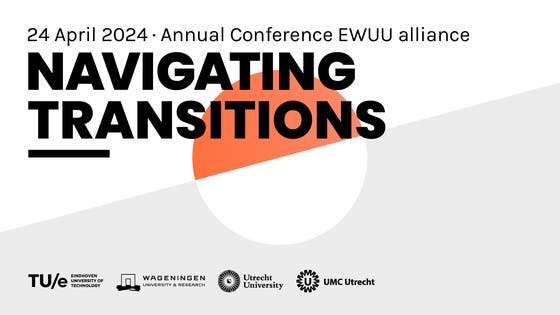
How do we navigate societal transitions using cross-disciplinary education and research? This question is the focus of the EWUU alliance Annual Conference 2024 'Navigating Transitions', on Wednesday, April 24, at TivoliVredenburg in Utrecht.
Read moreLieve Tytgat appointed professor of biomarkers
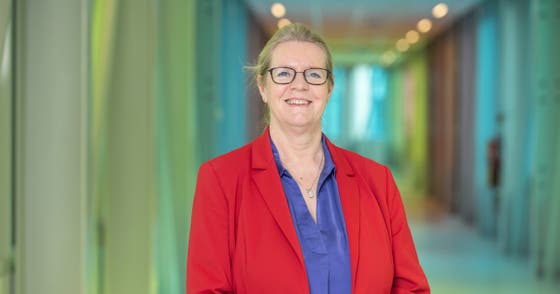
How can we better monitor the disease progression of children with solid tumors? That is the question Lieve Tytgat focuses on. As of 1 January 2024, she has been appointed professor of biomarkers in pediatric solid tumors at UMC Utrecht. She primarily focuses on the further development of blood and urine tests to better detect and monitor childhood cancer. "If necessary and possible, we can then adjust the treatment more quickly."
Read moreUMC Utrecht and Philips speed up development of image-guided treatments
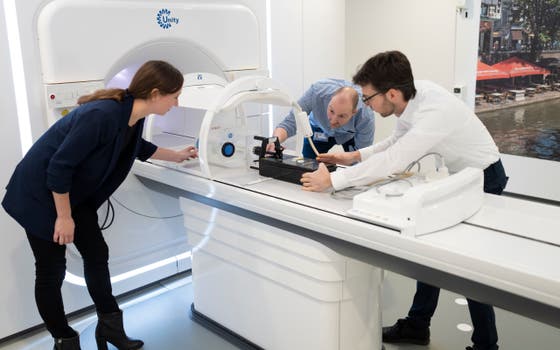
UMC Utrecht and Philips are bringing together healthcare professionals, researchers and technicians in a 'fieldlab'. Here, they will develop new innovative technology and software to benefit healthcare. The goal is to devise less burdensome and more efficient treatments for patients, while at the same time realizing a more sustainable healthcare system.
Read moreNew study speeds up radiation therapy
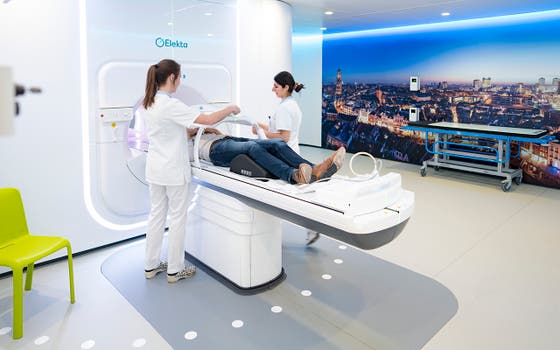
A targeted radiation therapy that lasts only 15 minutes, instead of 45 minutes. Plus: an even more precise, real-time treatment of the tumor. These are the two goals of a new study by UMC Utrecht to further innovate the MR-Linac. NWO has granted 1.7 million euros to this research project.
Read moreFour new cancer research projects at UMC Utrecht receive Hanarth grants
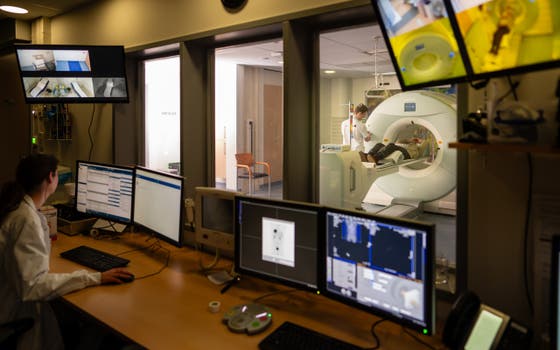
How can artificial intelligence be used to improve treatment in cancer patients? Researchers from UMC Utrecht are working on this question. Four research projects at UMC Utrecht received funding for this from the Hanarth Fonds.
Read morePaediatricians happy with Health Council advice on vaccination against RS virus
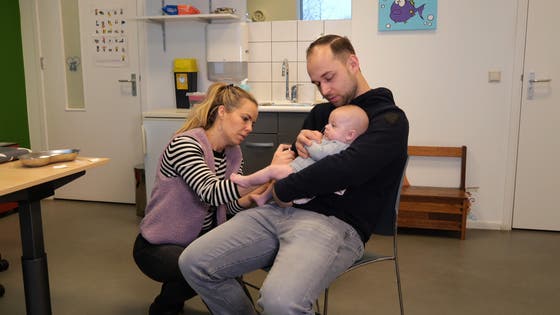
UMC Utrecht and The Wilhelmina Children's Hospital think it is good news for babies and their parents that the Health Council recommends including a vaccination against the RS virus for infants in the National Vaccination Programme. This vaccination protects infants against the RS virus during their first vulnerable months, and it also provides broad societal benefits. The number of hospital admissions due to the RS virus can fall by 80 per cent, scientific research shows.
Read moreResearch TNO and UMC Utrecht for more reliable allergen information on food labels
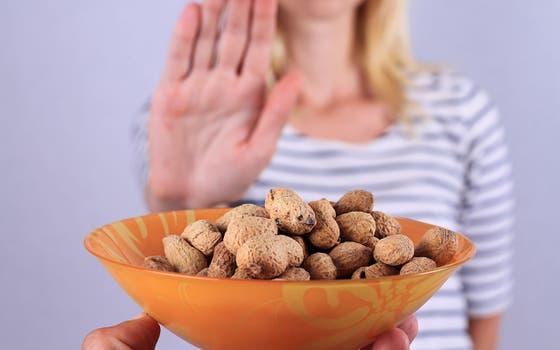
As of January 1, 2024, the Netherlands has implemented a new allergens policy. Exposure standards have been set and regulations on warning about the potential (unintended) presence of substances that can cause allergy (allergens) on food labels have been tightened. This will make the presence and absence of a warning for allergic consumers significantly more reliable. By January 1, 2026, all producers of pre-packaged foods must comply with the new regulations. The new policy is based on recommendations from the WHO (World Health Organization) and FAO (Food and Agriculture Organization of the United Nations). Research conducted by TNO and UMC Utrecht on the sensitivity of individuals with food allergies and their eating habits formed the basis for these scientific recommendations.
Read more
